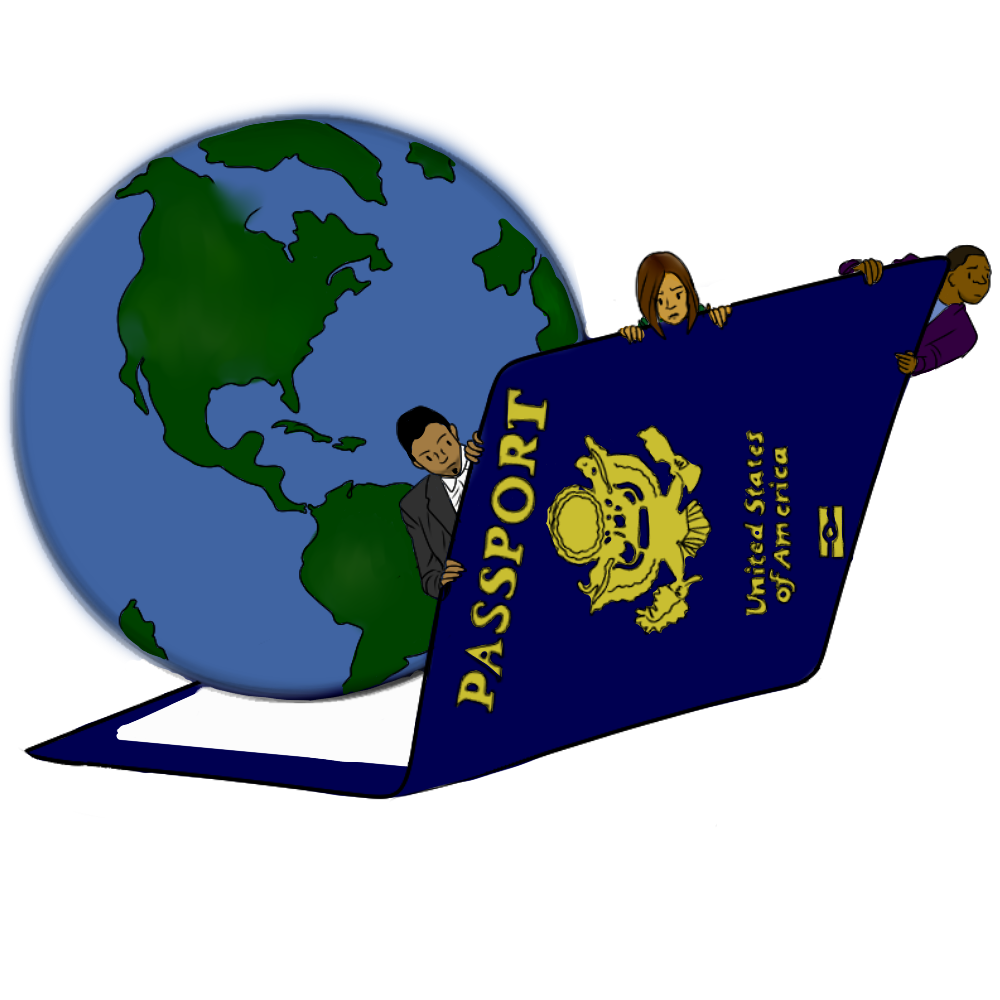
By Lesedi Khabele-Stevens///Staff Writer
There is no denying that studying abroad is both rewarding and challenging for every student who participates, but to be a student of color in an abroad program brings different rewards and discomforts. These differing experiences are not often talked about, especially at Lewis & Clark.
Race and identity play out differently around the world forcing students of color to face the ways in which their identity is interpreted in other cultures.
For Karissa Tom ’16, the shouts of “China,” “Japan,” and “Korea,” became the form of harassment she had to navigate on a daily basis while studying abroad in Morocco in the Spring of 2015.
“I knew that as a student of color, I was going to just be approaching the abroad experience I think differently than a lot of [my] white peers,” Tom said. “I’m going to go to Morocco as a person of color and as an Asian American, but once I’m there, I’m going to be an Asian person.”
For women participating in study abroad programs, sexual harassment can often be a scary reality. The scariness of this reality can be intensified for female students of color because of the intersections between the sexualization and racialization of their bodies.
“Is there space in a conversation about sexual harassment to talk about how I was completely desexualized and how painful that was?” Tom said. “And like how weird that made me feel … both vulnerable as a woman and also safer as a racialized woman but then even more unsafe because I’m being racialized and because I know what people think of when they think of an Asian woman.”
I also studied abroad in Morocco, but my blackness invited different forms of racialization. Street harassment for me was always racialized due to stereotypes about black women and sexualitiy. “Black pussy,” “I like the black girls,” and other comments with the same sentiment were yelled at me and only me.
“It really felt like the conversations we had about sexual harassment were for the white women,” Tom said, noting the difficulty of talking about sexual and racial harassment among our study abroad group.
Regardless of whether or not students of color are having difficulty, there needs to be space to talk about how their experiences differ. Gabriela Rodriguez ’17 found her Salvadoran American and Hispanic identities to be a positive aspect of her experience in New Zealand because she had space to talk about her identity.
“I’m really glad there was another Hispanic student on the trip—someone who I could culturally relate to quite naturally. We supported each other on a whole other level—given that we have both experienced similar life events,” Rodriguez said.
Tom recounted a particular experience with a Moroccan student, who asserted that all Chinese names sound like “ching, chong ching, chong, ching, chong, ching, chong” within a group of Moroccan and Lewis & Clark students.
“It was in those moments and in the moments afterwards when I didn’t know who to make contact with,” Tom said. “I know that my friends feel uncomfortable and then I feel like I’m the problem.”
This is not to say that all students studying abroad are going to have a negative experience. But I will assert that having space within your study abroad group to talk about how your experience differs makes a large difference. We cannot control how the world, societies, and people see us, but there does need to be structure amongst our peers to assert how we see ourselves.
“Before you leave the United States, have one conversation with one person about you being a person of color and about what you’re thinking,” Tom advised. “[Other members of the trip] don’t have to be there for you all the time, but you are going to be talking to them and that these aspects of your identity cannot be new to them when you are in that country.”
This means that people participating with students of color and their trip leaders need to be aware of differences.
“If you are leading a program, be cognizant that cultural competency means more than just finding out the culture of whatever country you’re going to go to and of the people of the country you’re going to go but you need to know about the people that are on the program,” Tom said.
To students of color, do not read this as a deterrence from studying abroad, nor will this be your exact experience studying abroad. There is so much to gain from studying abroad.
“Do it,” Rodriguez said. “It is truly life-changing because it gives you the opportunity to exemplify who you really are, what you like to do and how well you adjust to new situations. An experience abroad could teach you so much, not only about yourself, but also about a different culture.”
Subscribe to the Mossy Log Newsletter
Stay up to date with the goings-on at Lewis & Clark! Get the top stories or your favorite section delivered to your inbox whenever we release a new issue.

Leave a Reply